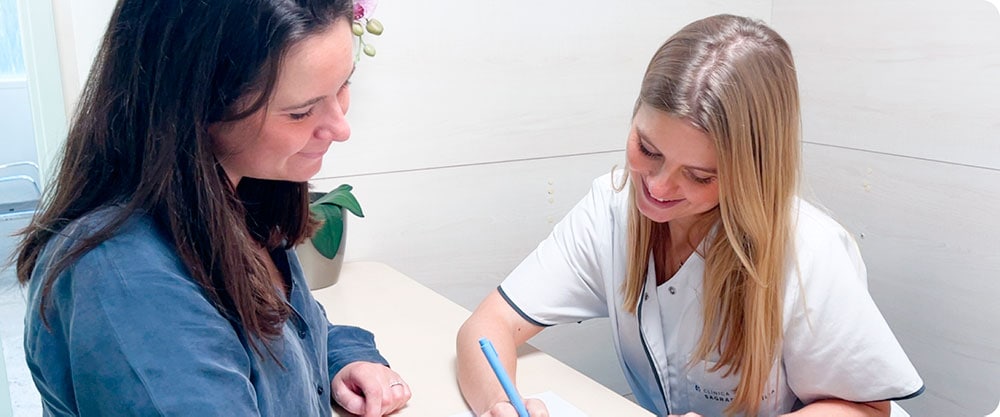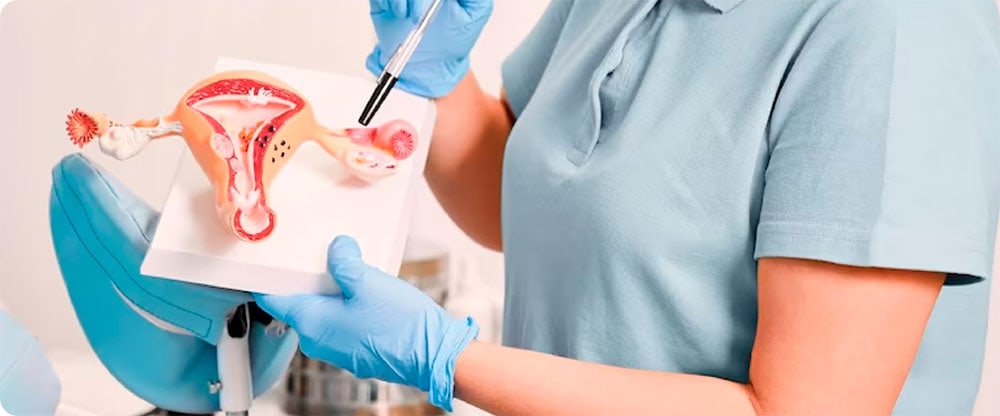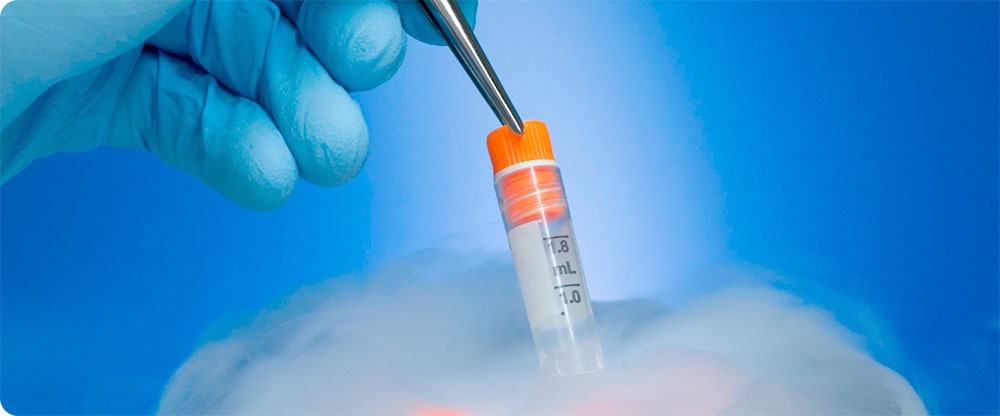
Perservation
of fertility
You decide when
- Experts in highly complex treatments

Perservation
of fertility
You decide when
- Experts in highly complex treatments

- Experts in highly complex treatments
"*" indicates required fields
What is fertility preservation?
Vitrification, commonly known as egg freezing, is a fertility treatment in which a woman’s eggs are removed and preserved at a low temperature to keep their reproductive potential intact.
In this way, when the woman wishes to become a mother in the future, she will have the same chances of becoming pregnant as she would have had at the time of freezing.


If, on the other hand, a woman decides to become a mother when the quality and quantity of her eggs is too low, she will have to resort to a technique known as ovodonation. In other words, she will need the eggs of a donor.
Egg vitrification, therefore, allows a woman to become pregnant with her own eggs.
How is the fertility preservation process?

Fertility study



Ovarian stimulation

Pick-up of the eggs
After the ovarian stimulation phase, a small surgical procedure is performed in which the eggs are extracted from the woman. This procedure is performed in the clinic under sedation and lasts approximately 15-20 minutes. After a rest period, the patient can continue with her normal routine that same day.



Vitrification
Once retrieved, the eggs are vitrified. Vitrification is a rapid freezing technique that stops the biological activity of the eggs and prevents the formation of ice crystals, which could damage them. In this way, the eggs are available for the woman to use whenever she wishes.
Choose the treatment that best suits your needs

PRESERVE 4
2.700€
- Maintenance included for 4 years
- €435 for each additional year of maintenance
- 24 monthly payments of €113
- 0% interest
- Maintenance included for 4 years
- €435 for each additional year of maintenance
- 24 monthly payments of €205
- 0% interest
Choose the treatment that best suits your needs

PRESERVE 4
2.700€
- Maintenance included for 4 year
- €435 for each year of additional maintenance
- 24 monthly payments of €120
- 0% interest
- Maintenance included for 4 years.
- €435 for each year of additional maintenance
- 24 monthly payments of €187
- 0% interest
- Experts in highly complex treatments
"*" indicates required fields
Where we are?
- Barcelona
- Bilbao
Passeig de la Bonanova 39
Sarrià-Sant Gervasi
08022, Barcelona
Llámanos
936 55 55 44
Escríbenos
[email protected]
Barcelona
Bilbao
Frequently asked questions
Currently, most women are freezing their eggs later than recommended, which decreases the chances of future pregnancies.
This is because both the quality and quantity of eggs decrease over the years. Moreover, this loss becomes more noticeable after the age of 35. Therefore, our recommendation is to freeze the eggs as early as possible: before the age of 34-35.
Vitrification can also be performed in women over 36 years of age. In fact, nowadays it is common for our centers to successfully treat patients around 40 years of age.
However, in these cases it will be necessary to first evaluate the woman’s ovarian reserve to assess the chances of future pregnancy.
Currently, the Social Security only covers egg freezing in patients who are undergoing cancer treatment. However, the public health system does not offer this technique to women who wish to postpone their maternity by choice.
As with any medical treatment, egg freezing may produce certain side effects in some women. After the egg retrieval procedure, the woman may experience abdominal pain, vaginal bleeding or difficulty urinating.
The fact that the woman is previously in good health (non-smoker, adequate weight…) will decrease the chances of experiencing side effects. However, the most frequent disorders experienced during treatment are those of psychological origin (anxiety, depression…).
